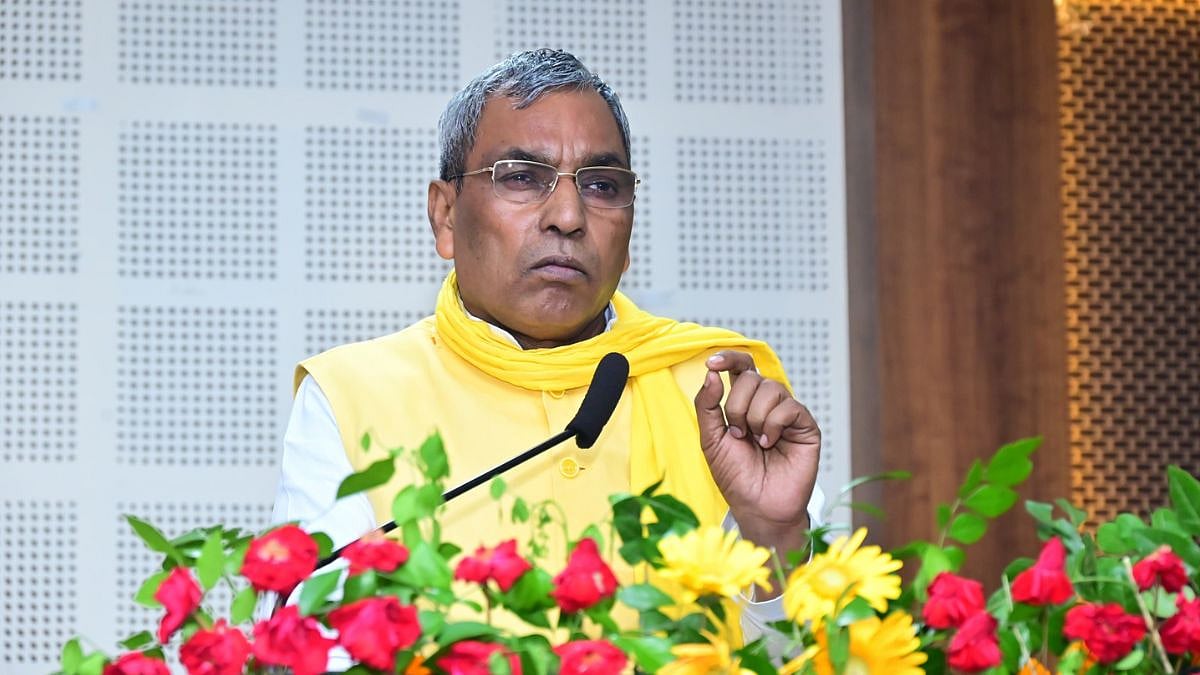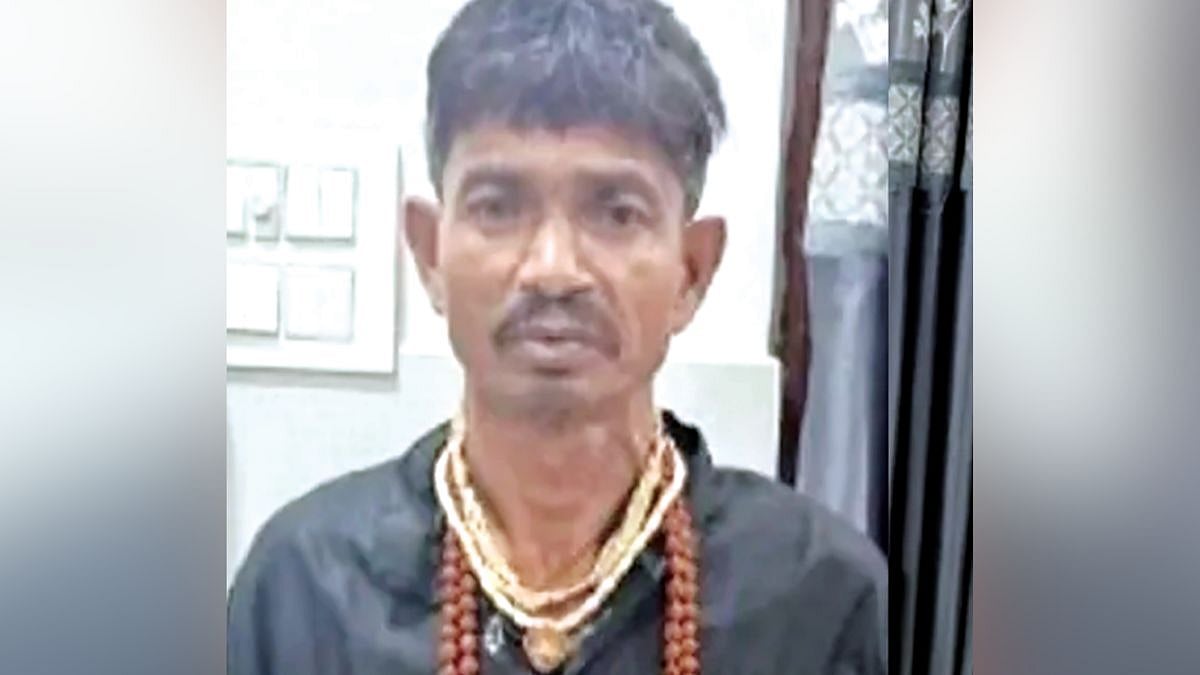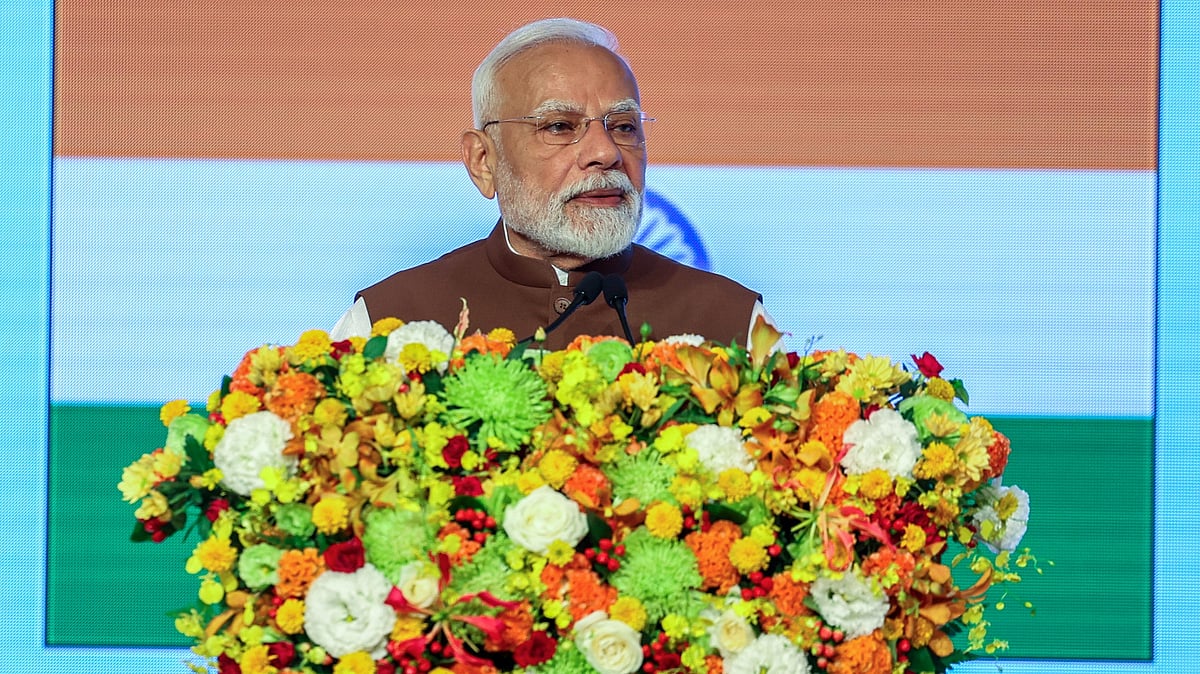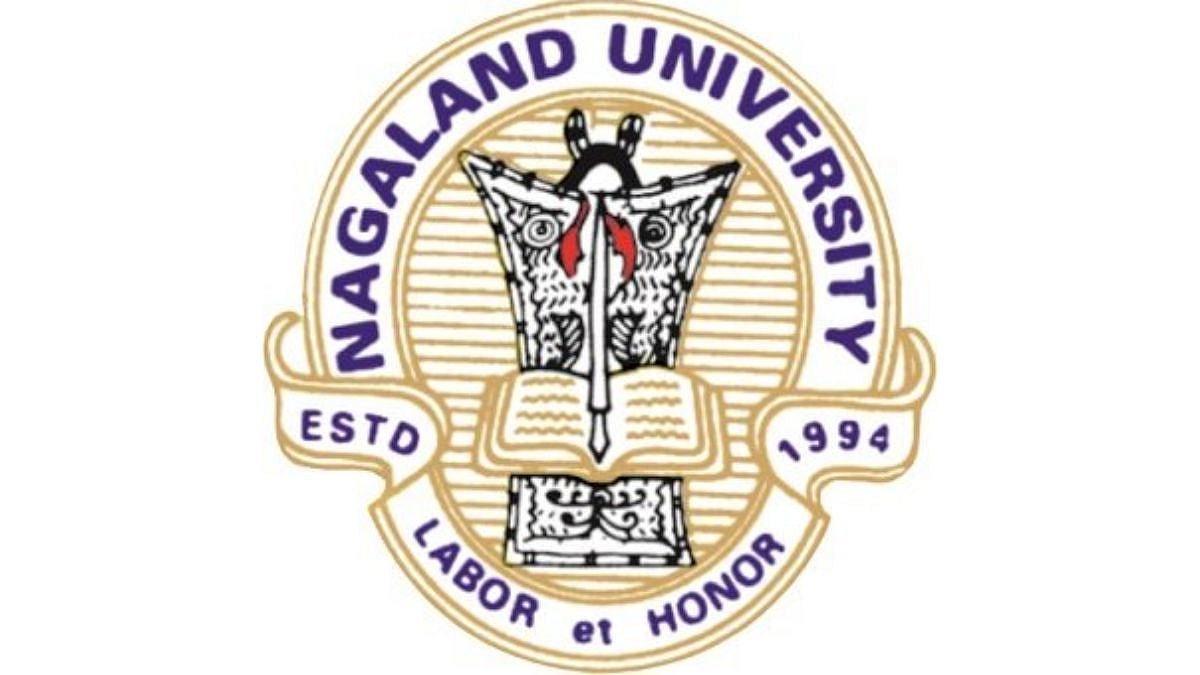A 25-year-old student from IIT Bombay was scammed out of Rs 7.29 lakh after falling victim to a "digital arrest" scheme by fraudsters impersonating government officials, according to the Mumbai Police.
This incident is part of a growing trend of digital arrest scams across the country. In July, the student received a call from an unknown number.
The caller, claiming to be from the Telecom Regulatory Authority of India (TRAI), informed the student that 17 complaints regarding illegal activities had been lodged against his mobile number. To avoid deactivation of his number, the student was instructed to obtain a No Objection Certificate (NOC) from the police and was then transferred to the Cyber Crime Branch.
A student received a video call on WhatsApp from someone pretending to be a police officer. The fake officer demanded the student's Aadhaar number and accused him of money laundering. Scared of legal trouble, the student sent ₹29,500 via UPI.
The scammer threatened him, saying he was digitally arrested and could not contact anyone for help. The next day, the fraudsters called the student again and took an additional ₹7 lakh after he shared his bank details. The student realized he had been scammed only after seeing similar cases online. He then reported the incident to the police.
What is Digital Arrest?
Digital arrest is a type of online scam where fraudsters pretend to be police officers. They call or video chat with people, falsely claiming that they have been arrested. They threaten the victims with arrest unless they follow their demands.
The Computer Emergency Response Team of India (CERT-In) has reported many online scams, including digital arrests. These scams often involve stealing money and personal information. In response, the Union Ministry of Home Affairs set up a high-level committee in October to look into these scams, which usually include false claims of drug offenses and money laundering.
This year, more than 6,000 complaints about digital arrests have been made. The Ministry's Cyber Wing has blocked 600,000 mobile numbers linked to these scams.











